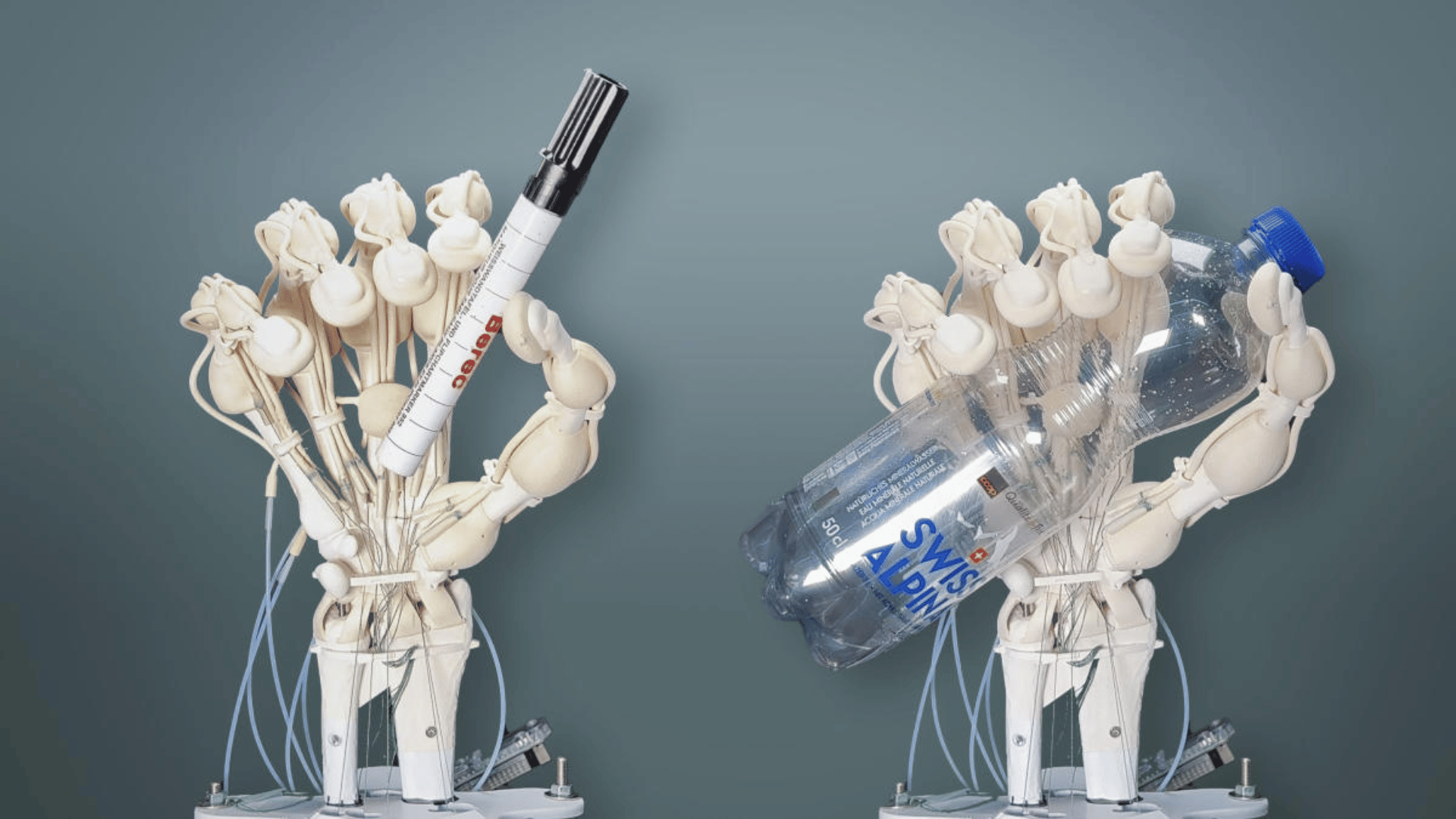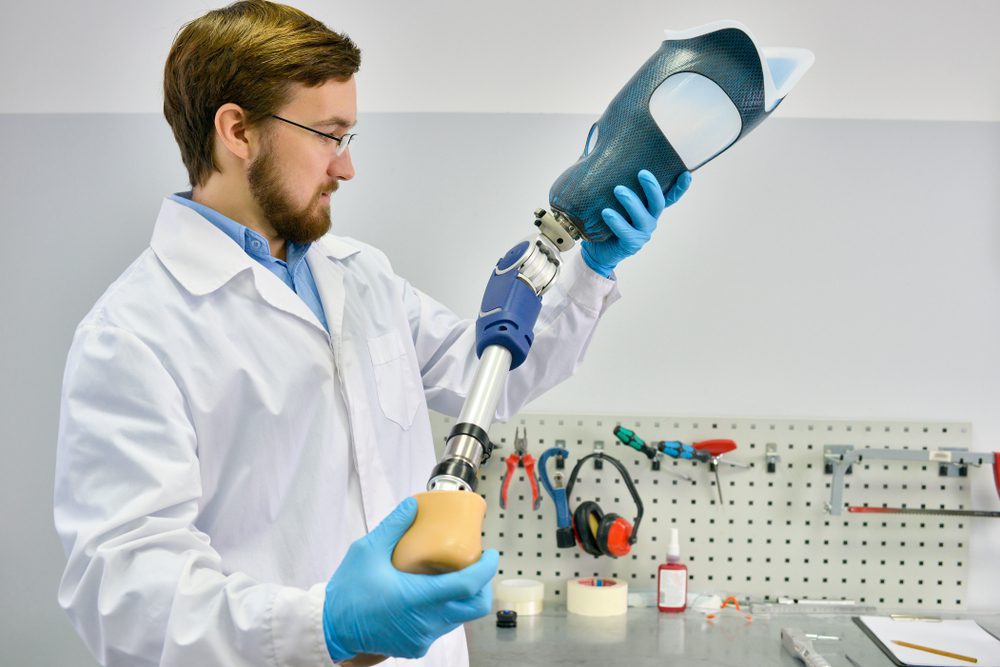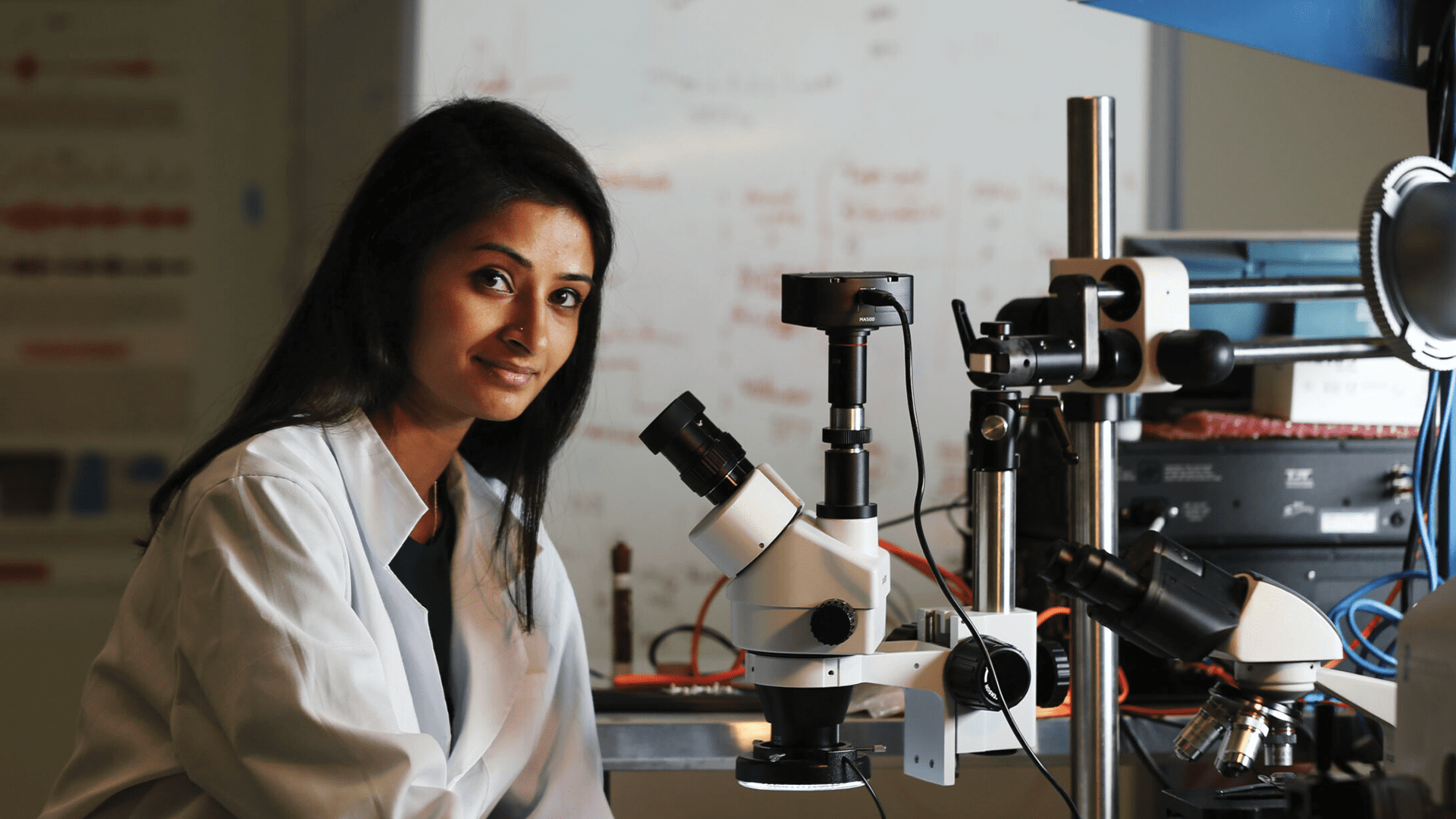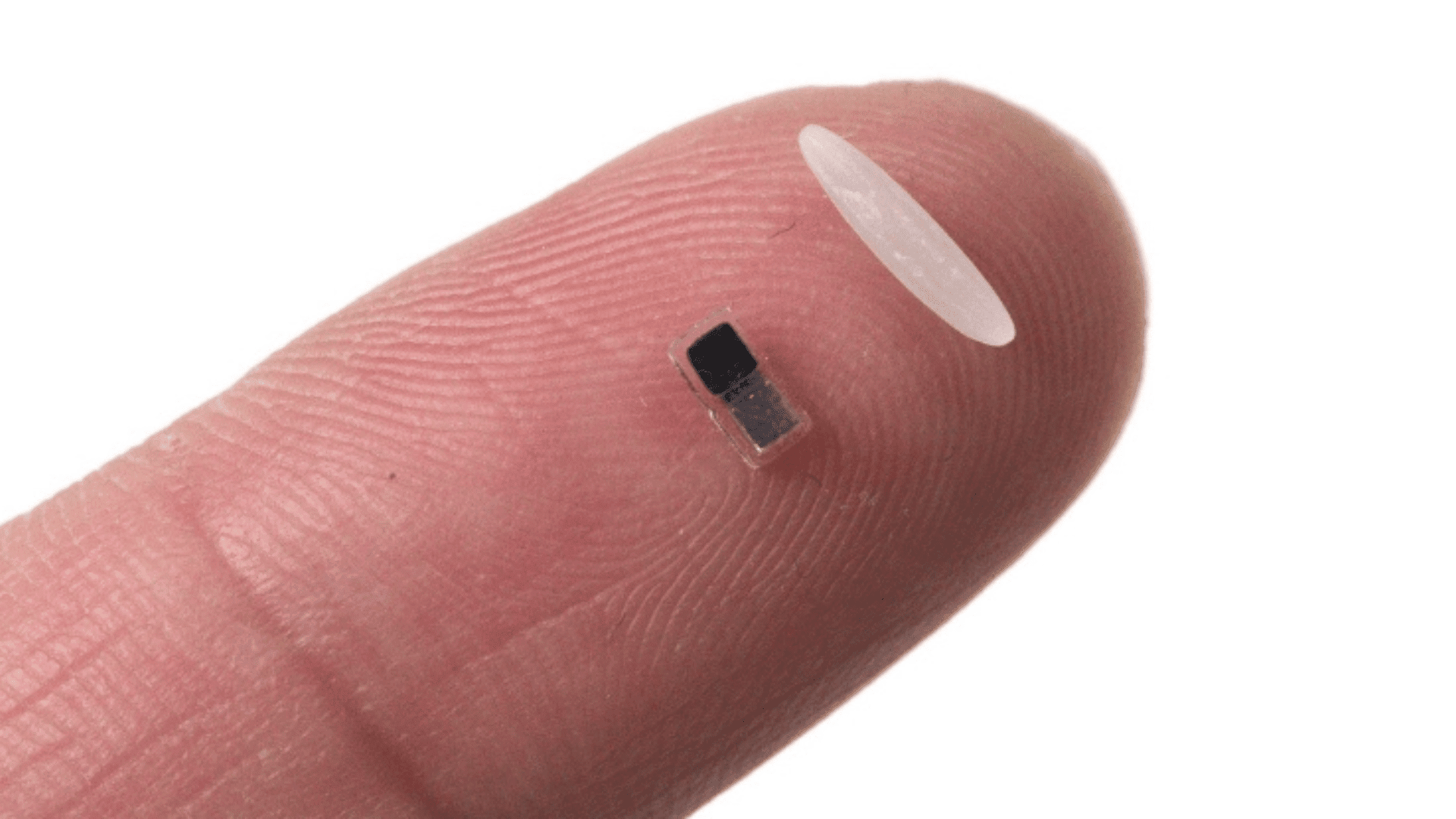A device equipped with new technology allows amputees to sense and respond to temperature. Sensory feedback is important to people who lost a limb and the new “MiniTouch” device allows them to sense hot, cold, and human touch.
Sensing Touch
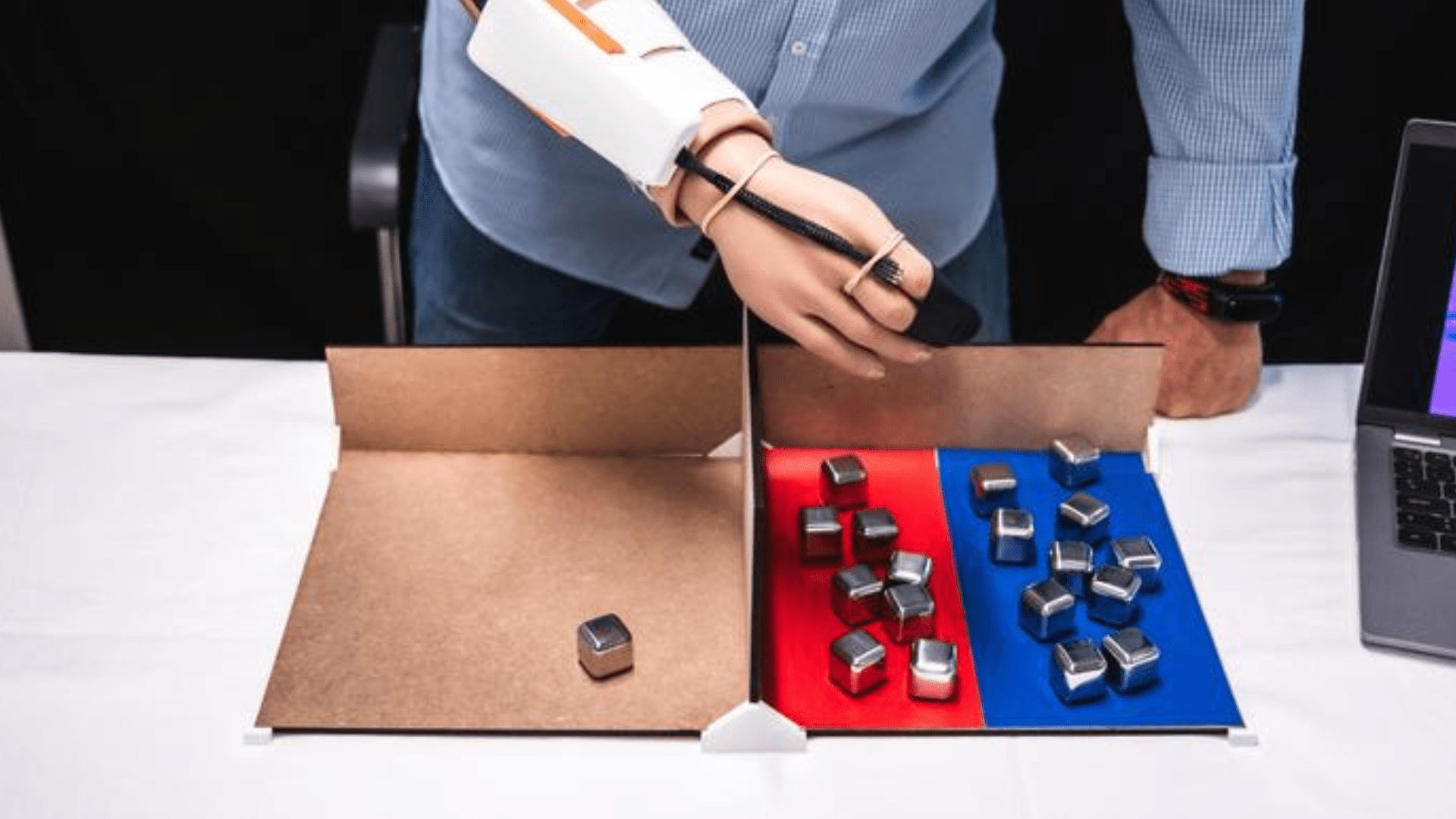
In the journal Med, researchers at École Polytechnique Fédérale de Lausanne present how the MiniTouch works and what it’s capable of. This revolutionary prosthetic arm seamlessly delivers “thermal information” to the amputee’s residual limb. The device uses off-the-shelf electronics. They can use it in commercially available prosthetic limbs without surgery.
Researchers say sensory feedback is one of the most important steps to allowing amputees to interact with their environment. Findings on phantom thermal sensations inspire the MiniTouch. Phantom thermal sensations are stimulations of points on the arm that evoke perceptions of the missing hand.
Clinical tests with people missing a limb show how the device allows them to recognize temperatures and objects. Joint senior author Dr. Solaiman Shokur said, “Adding temperature information makes the touch more human-like.” He continued, “We think having the ability to sense temperature will improve amputees’ embodiment—the feeling that ‘this hand is mine’.”
Explore Tomorrow's World from your inbox
Get the latest science, technology, and sustainability content delivered to your inbox.
I understand that by providing my email address, I agree to receive emails from Tomorrow's World Today. I understand that I may opt out of receiving such communications at any time.
Objects, Temperatures, and Materials
Researchers show the importance of the technology in their study. For example, when using the MiniTouch, amputees distinguished objects of different temperatures and materials. Additionally, the patients picked out three visually indistinguishable bottles. One with cold water, one with cool water, and one with hot water. While using the MiniTouch, patients picked out each one perfectly. Without the technology, the accuracy dropped to 33%.
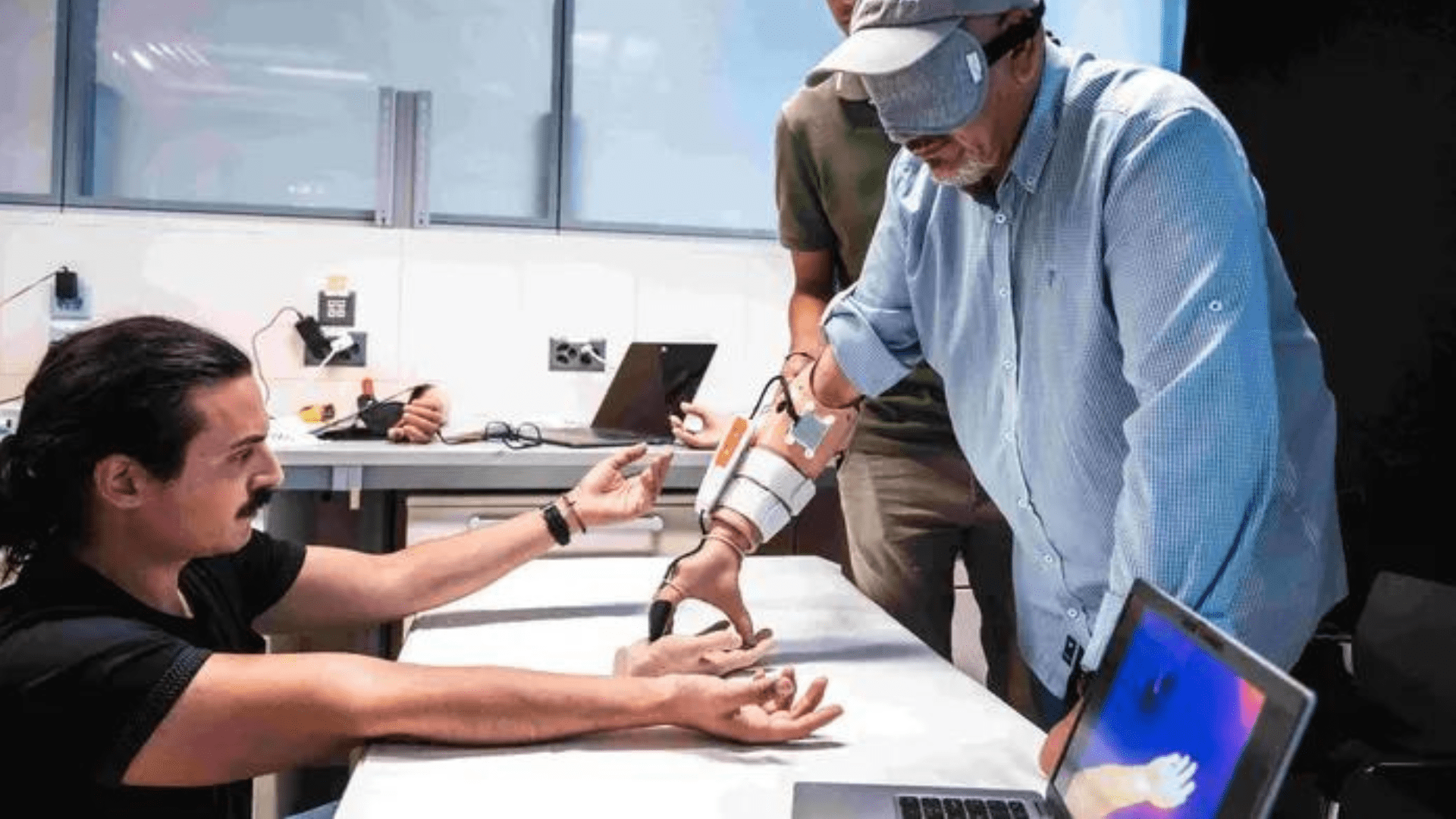
Furthermore, people who rely on a prosthetic arm or hand say human contact is important. The MiniTouch improved the participant’s ability to recognize human and prosthetic arms while blindfolded. They went from 60% accurate without the device to 80% with it. Several of the participants emphasize the importance of recognizing human contact. They said it was the most important benefit of the system.
Tomorrow’s Prosthetics
While scientists test the technology in a lab, plans are in place to implement the technology commercially. They want to make the device ready for home use. Also, they hope to enhance the ability to feel sensations. For example, they want to enable it to feel the back of the hand as well. This means the person using the technology could feel it if someone touched their hand.
Joint senior author Silvestro Micera said, “This study paves the way for more natural hand prostheses that restore a full range of sensations, offering amputees a richer and more natural perception of the tactile world.”



